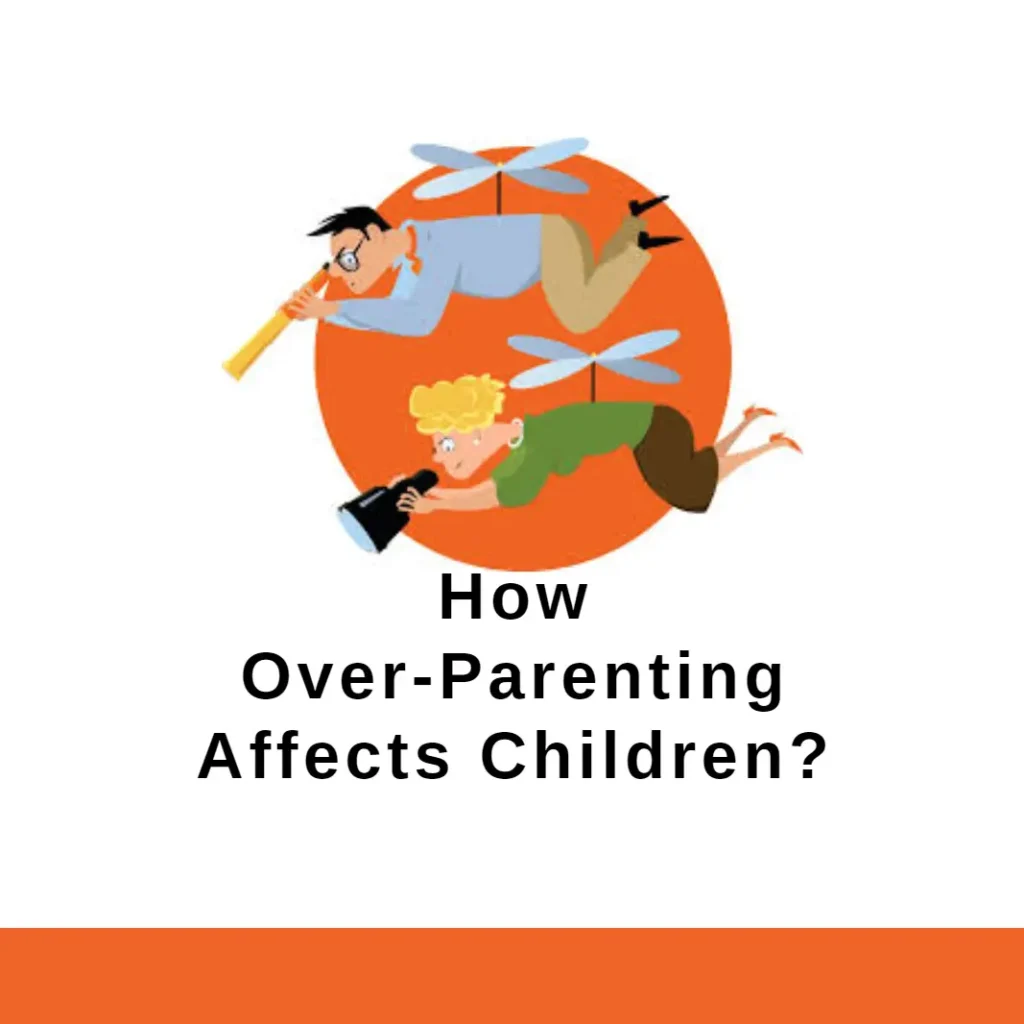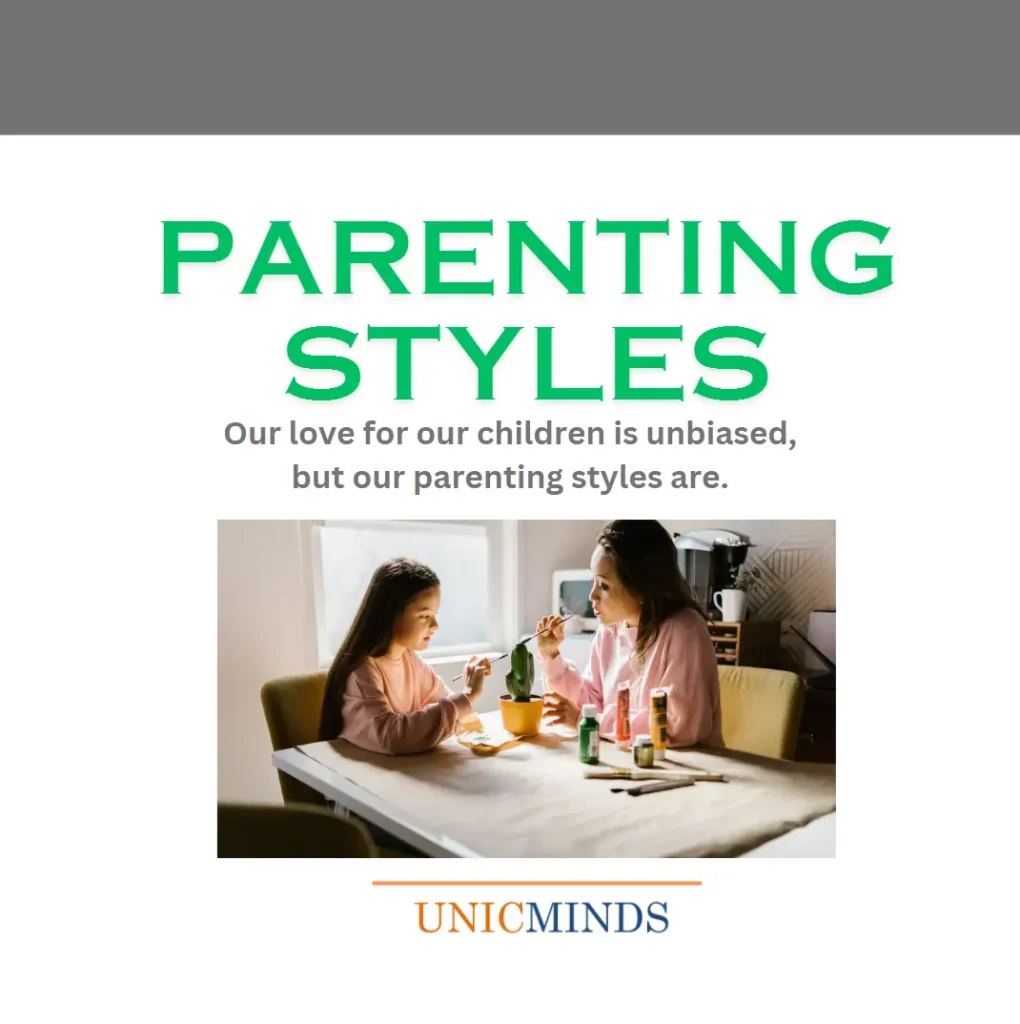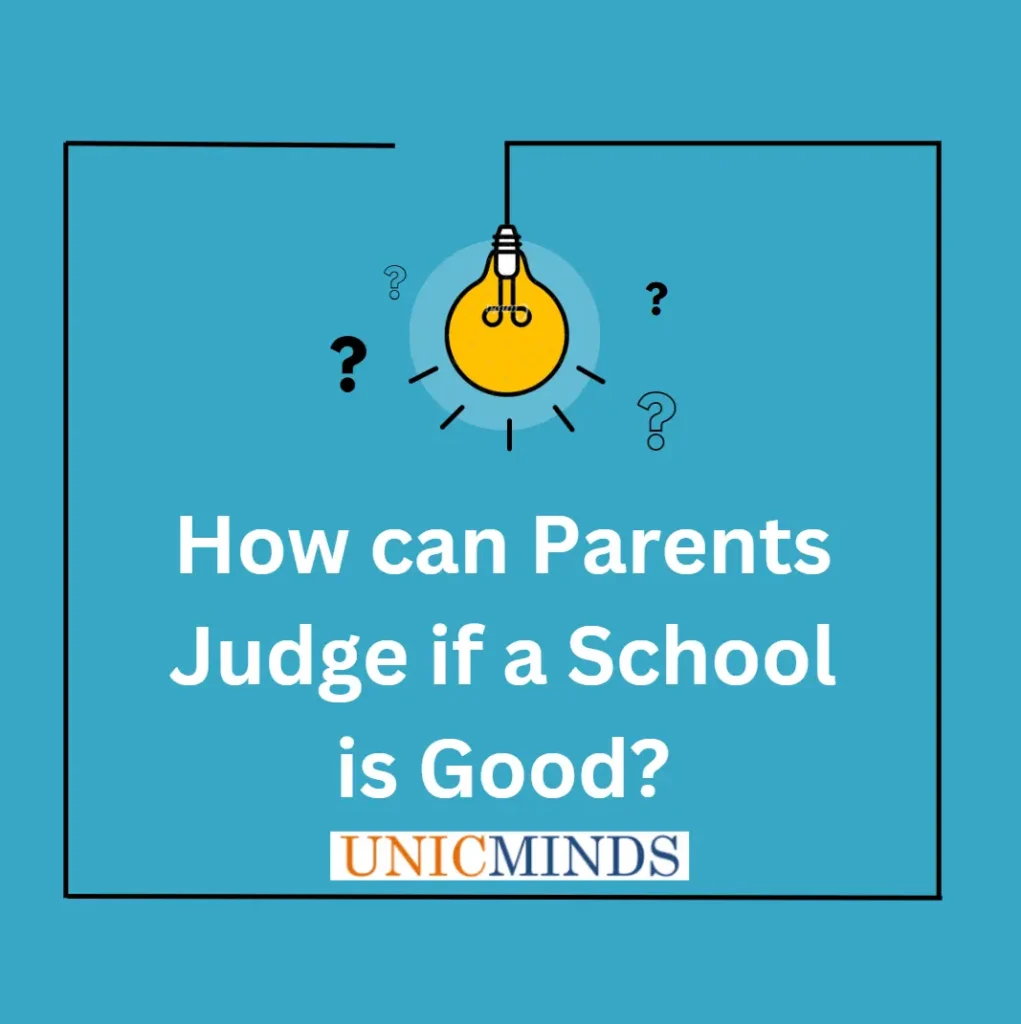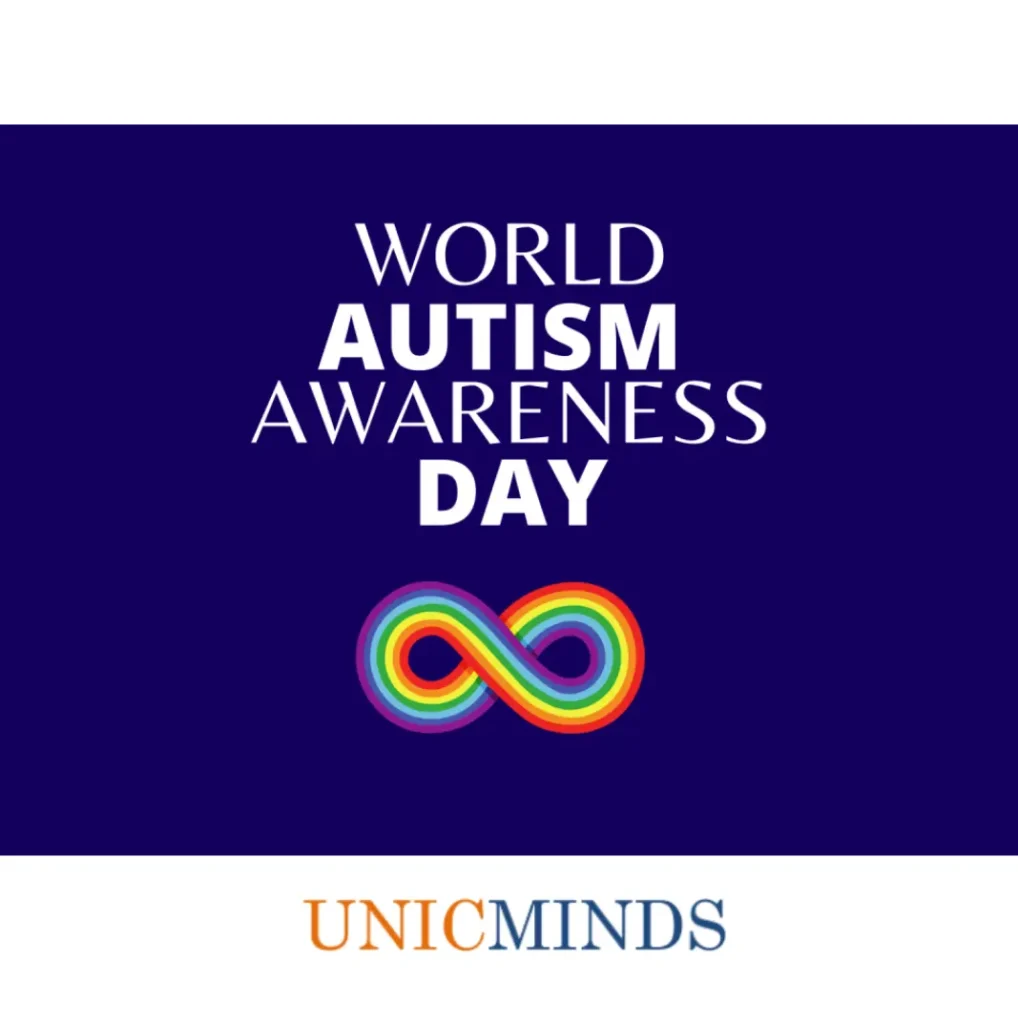Over-Parenting refers to a style of parenting where parents are over involved and overinvested in their child’s life and decisions. They’re constantly around and available to their children for every small thing. As a result, every small discomfort for their child is run through them, and they immediately soothe the child by either helping them immediately or solving it for them or avoiding it altogether at that moment. These parents are of the point of view that “my job is to ensure that my child doesn’t experience any disappointment, unhappiness, rejection, frustration, and failure”.
A child if not allowed to make mistakes will also not learn from them. The child will not get the opportunity to explore himself or herself and develop the character to get up and dust themselves off and restart. This can lead to the child having less stress-bearing capacity and becomes anxious and shy in responsibility taking situations and in situations of attention. Simulating their parents, these children will end up expecting things from others and dependent on others to do certain things for them.
But, why can’t parents see this easily? That is because parents are busy thinking they are doing it for the child’s good. This over-parenting behavior by parents is not something that they can see by themselves. Parents cannot easily understand by themselves the fine line between being a loving parent and a permissive parent. For some parents, their child’s failure or rejection is taken too personally as their own failure, and to protect against that feeling, they tend to become overprotective of their child.
Best Ways to Stop Over-Parenting
- Ask them questions instead of solving their problems
- Give them chores that actually help you out
- Stop letting them stay up as late as you
- Stop praising them for each and every small thing they do
- Let them do things independently and don’t talk to them when they’re into it
- Share good, bad, and funny stories from your own childhood when your judgment wasn’t good compared to your then friends
- People learn from their own mistakes much faster and intricately than someone telling them that it is a mistake. So, allow them to make mistakes.
- Let them understand that nobody is perfect and everyone is vulnerable
Risk taking is a fundamental way by which we build confidence, resilience, and self-belief. Anxious people who tend to be over-cautious tend to micro-manage everything for their kids. But, it becomes a perfect storm for our kids by restricting their autonomy, independence, decision-making abilities, and emotional independence.
Our children will need your support to not micro-manage them to discover their inner potential and courage to act on their own. When the children are anxious, they look up to their parents and when they see their parents also anxious, it becomes very difficult for them to be steady. So, parents should try to maintain a calm presence in their lives. and enable the child to build inner confidence and independence. Parents never want to continuously protect their children and in turn make them dependent on other people indirectly.
Hope this is useful, thank you.
You may like to read: Parts of a Computer, 50 Fun Riddles for Kids, and The Meaning of STEM Education




